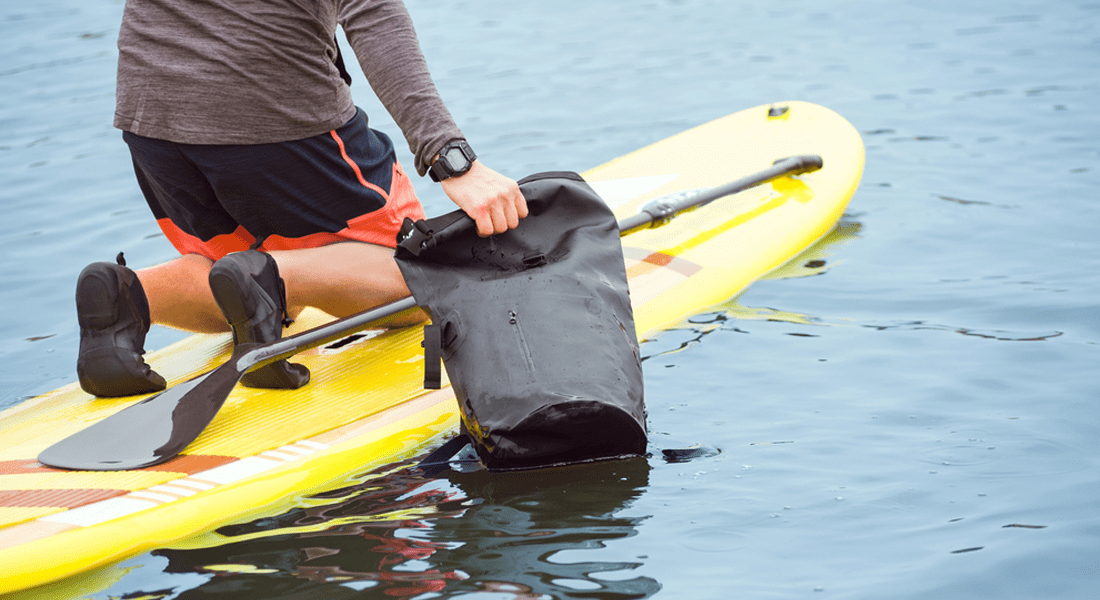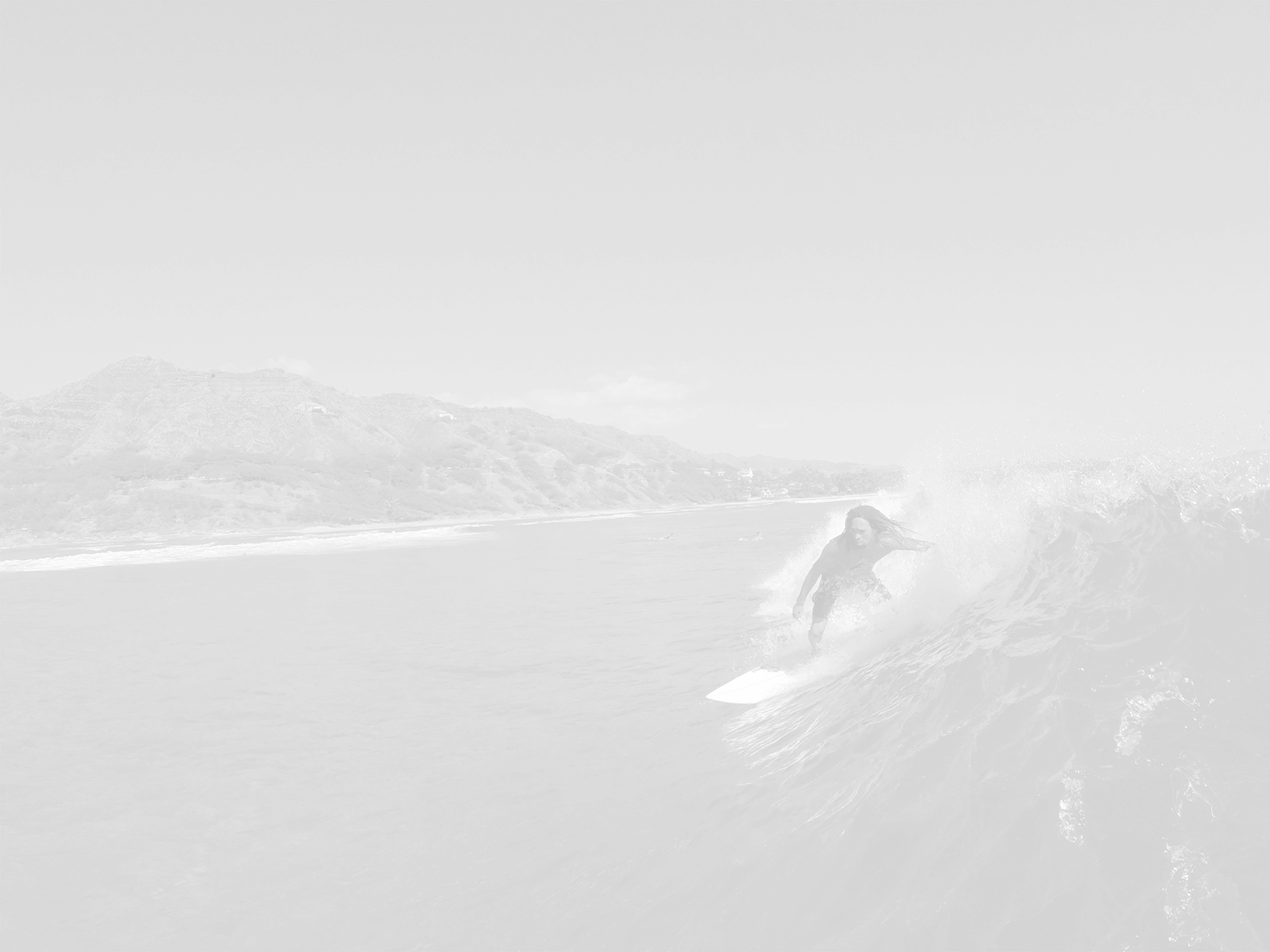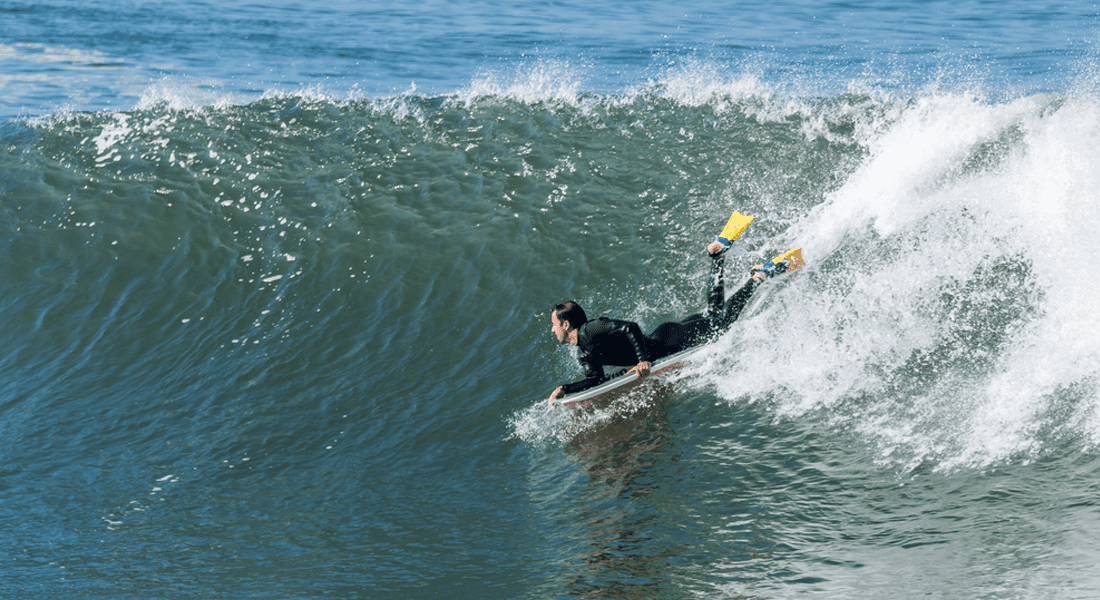Blog
Is It OK To Surf In The Rain?
Surfing in the rain can be an exhilarating experience, but it also comes with certain risks and considerations. While the rain itself is not inherently dangerous, the conditions that accompany it can pose significant hazards. Understanding these risks and taking appropriate precautions can help you enjoy a safe and enjoyable surf session even when the weather is less than perfect.
Understanding the Risks of Surfing in the Rain
When it comes to surfing in the rain, the primary concern is not the rainfall itself but the potential for contamination in the water. Heavy rain can lead to urban runoff, which carries pollutants from the streets into the ocean. This runoff can include everything from garbage and animal waste to oil and pesticides. When these contaminants enter the water, they can create a hazardous environment for surfers.
Contaminated Waters and Health Risks
One of the most significant dangers of surfing in the rain is the increased risk of waterborne illnesses. After a heavy downpour, urban runoff can introduce harmful bacteria and viruses into the ocean. This contamination can lead to various health problems, including gastrointestinal issues, skin infections, and respiratory conditions.
Health professionals advise against entering the ocean for at least 72 hours after heavy rainfall. This waiting period allows the contaminants to disperse and reduces the risk of infection. Surfers who ignore this advice may find themselves suffering from symptoms such as nausea, diarrhea, ear infections, and skin rashes.
Increased Rate of Gastrointestinal Problems
Research has shown that surfers are at a higher risk of developing gastrointestinal problems after surfing in contaminated water. A study conducted by the Southern California Coastal Water Research Project and Public Health of the University of California in 2016 found a direct correlation between rainfall and an increase in gastrointestinal illnesses among surfers. The study revealed that surfers who enter the water after heavy rain are more likely to experience symptoms such as stomach cramps, vomiting, and diarrhea.
The risk of contracting these illnesses is significantly higher after rain due to the presence of pollutants and pathogens in the water. Surfers are advised to stay out of the ocean until the water quality improves to avoid these health issues.
Surfing Safety During Storms and Lightning
While surfing in light rain may not pose a significant threat, doing so during a storm or when there is lightning can be extremely dangerous. Lightning is a serious hazard for surfers, as it can strike the water and cause severe injuries or even death. It's essential to check the weather forecast before heading out and avoid surfing if there are thunderstorms in the area.
Additionally, storms can create rough and unpredictable surf conditions, making it more challenging to stay safe in the water. High winds and strong currents can increase the risk of accidents and injuries. Surfers should always prioritize their safety and avoid entering the ocean during severe weather.
Precautions for Surfing in the Rain
If you decide to surf in the rain, there are several precautions you can take to minimize the risks. First, ensure you are surfing in a location that is less affected by urban runoff. Remote beaches or areas with natural water filtration systems, such as wetlands, are generally safer options.
Wearing a wetsuit can provide some protection against contaminants in the water. The wetsuit acts as a barrier, reducing the direct contact between your skin and the polluted water. Additionally, wearing earplugs and keeping your mouth closed while in the water can help prevent infections.
Post-Surf Hygiene Practices
After surfing in the rain, it's crucial to follow proper hygiene practices to reduce the risk of infection. Start by rinsing off with fresh water as soon as possible to remove any contaminants from your skin. Thoroughly clean your ears, nose, and throat to eliminate any bacteria that may have entered your body. Using a saline solution to rinse your nose and gargle can help disinfect these areas.
Staying hydrated and consuming a healthy diet rich in fruits and vegetables can also support your immune system and help your body fight off potential infections. If you experience any symptoms of illness after surfing in the rain, seek medical attention promptly.
Environmental Considerations
Surfing in the rain can also have environmental impacts. The increased urban runoff not only affects the water quality but also harms marine life. Pollutants such as oil, pesticides, and trash can damage ecosystems and pose a threat to wildlife. By being mindful of these impacts, surfers can take steps to reduce their environmental footprint and advocate for cleaner oceans.
One way to contribute positively is by participating in local beach cleanups and supporting organizations that work towards improving water quality. By working together, surfers can help protect the oceans and ensure that future generations can enjoy safe and clean waves.
Benefits of Surfing in the Rain
Despite the risks, there are some benefits to surfing in the rain. The rain can create unique and memorable surfing experiences, with fewer crowds and a different ambiance. The sound of raindrops hitting the water and the misty atmosphere can add a sense of serenity and adventure to your surf session.
Additionally, the rain can sometimes improve the quality of the waves. Offshore winds, which blow from the land towards the sea, can help shape the waves and create cleaner, more manageable conditions for surfing. These winds are often associated with rainy weather, making it an opportune time for experienced surfers to catch some great waves.
Surf Lessons and Rentals in Waikiki
If you're new to surfing or looking to improve your skills, consider taking
surf lessons in Waikiki. Professional instructors can provide valuable guidance and ensure you have a safe and enjoyable experience in the water. For those who need equipment,
surf rentals are also available, offering a convenient way to access high-quality gear.
At Ohana Surf Project, we prioritize safety and fun for all our students. Whether you're a beginner or an experienced surfer, our team is dedicated to providing the best possible surfing experience. Join us and discover the thrill of riding the waves with confidence and skill.




